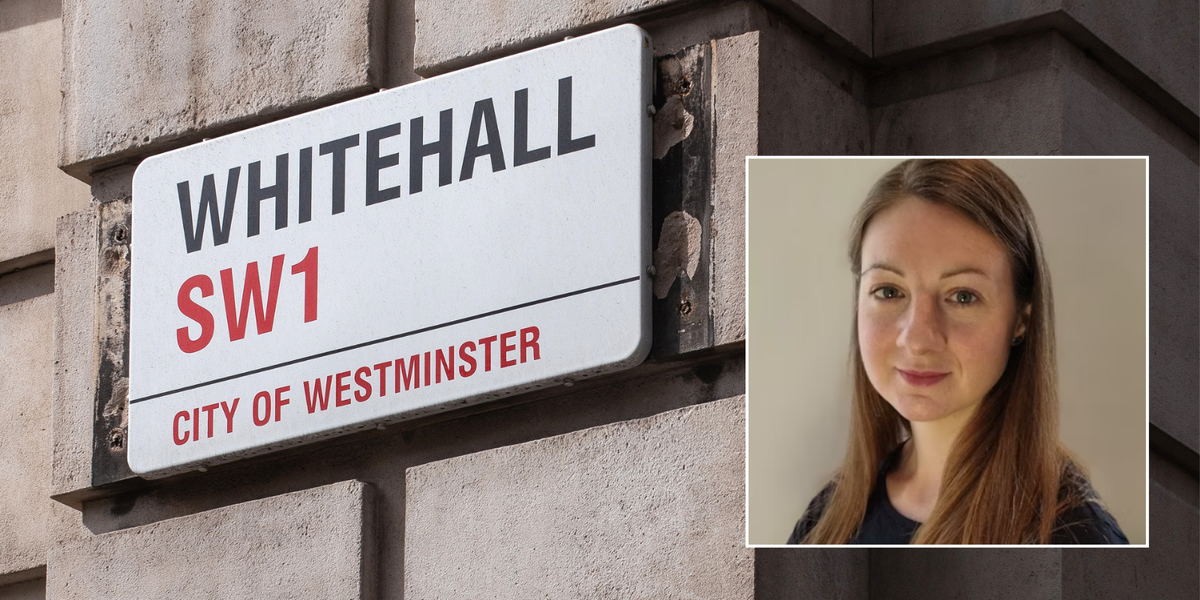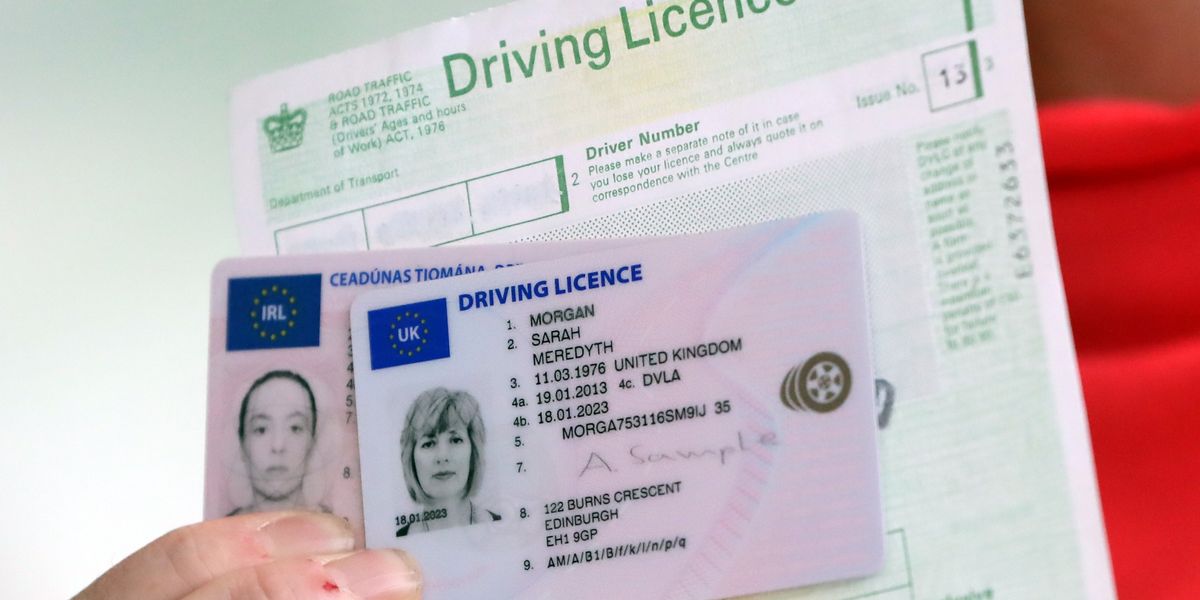Hamas released the names of the three Israeli hostages they say they will set free under a cease-fire deal between the Jewish state and the Palestinian terror group that was delayed early Sunday in a dispute over the revelation of the identifications.
The terror group announced early Sunday that Romi Gonen, Emily Damari and Doron Steinbrecher will be released from captivity today under the agreements reached with Israeli officials, the Times of Israel reported.
The paper said Israeli officials acknowledged getting the names — it was not clear when the women would be released.
The long-awaited cease-fire deal between Israel and Hamas was delayed on Sunday after Israeli Prime Minister Benjamin Netanyahu accused the militant group of failing to fulfill their end of the pact when they didn’t release the names of the captives slated to be released before the deal was meant to begin.
The delay led Israel to launch attacks in Gaza that reportedly led to several deaths.
It was not clear if the latest announcement would immediately lead to the cease-fire being implemented.
The hostages will be the first of 33 women, children and men under 50 to be freed by Hamas during the first phase of the three-stage deal the Jewish state officially inked with the terror group Thursday night in Doha.
The three civilian women slated to be released were each taken hostage when the terror group attacked Israel on Oct. 7, 2023.
Gonen, 23, was shot in the arm and abducted by Hamas terrorists at the Nova music festival. Her family, who has advocated for her release, described her as “one of the funniest girls I know,” who is beloved by her friends and customers at the high-end Tel Aviv restaurant she waitresses at.
Damari, a dual UK citizen, and Steinbrecher, 30, were both kidnapped from their homes in Kibbutz Kfar Aza.
Damari, 28, is the only British hostage still in captivity.
The women’s release came despite Hamas threatening to derail the cease-fire deal owing to the terror group’s failure to share the names of the hostages it planned to release Sunday.
In exchange for their release, Israel is expected to release hundreds of Palestinians prisoners during this period, where a six-week pause on fighting in the war-torn Palestinian enclave is in effect, as well as all Palestinian women and children detained in Israeli jails since Oct. 7, 2023.
The Israeli cabinet approved the high-stakes deal early Saturday morning, following hours-long deliberations that stretched late into the night.
The greenlight came after Israeli officials resolved last-minute hurdles Thursday that nearly derailed the agreement, including government infighting and what Prime Minister Netanyahu called a “last-minute blackmail attempt” by Hamas, leading him to delay the cabinet security vote.
President-elect Donald Trump’s hard-nosed approach to foreign policy — with the incoming commander-in-chief promising “all hell will break loose” if a cease-fire deal wasn’t achieved by his inauguration Monday — motivated Netanyahu to get the tenuous deal back on track, sources previously told The Post.
In addition to Israel releasing Palestinian prisoners for a third of the roughly 100 remaining hostages — only about 60 of which are thought to be alive — the first phase will see an influx of much-needed humanitarian aid into Gaza, including food and medical supplies.
Israeli soldiers, meanwhile, will withdraw to a buffer zone near the border with the Jewish state to allow displaced Palestinians to return to their homes in the territory.
The second phase of the agreement — which will begin 16 days after the ceasefire — is rife with details that are turning into sticking points for both sides in the negotiations.
Under the terms of the deal, Israel is to withdraw all of its forces from Gaza, which it has said it would not do until Hamas’ military and political forces are completely eradicated.
Hamas, meanwhile, is to return all remaining hostages, which the terror group has refused as Israeli forces remain in Gaza.
On Saturday night, Netanyahu said in a 10-minute video address that the truce of first stage of the deal was a “temporary ceasefire” and that Israel had the United States’ backing to resume fighting in Gaza if the two sides couldn’t hammer out their sticking points over the accord’s second phase.
“If we do have to resume fighting, we will do so in new ways and with very great power,” he thundered.
The third and final phase, if would see each side returns the remains of any hostages or prisoners and for a major years-long reconstruction to begin in the ravaged Palestinian territory.
The devastating conflict in Gaza began on Oct. 7, 2023, when the terrorists and their allies slaughtered roughly 1,200 people in Israel in a surprise attack and took another roughly 250 hostage.
The pause in fighting is the first in Gaza since November 2023, when a brief truce took place during a temporary cease-fire deal.
Both President Biden and Trump took credit for this week’s seemingly impossible three-phase deal announced Wednesday night, which the current administration had been pushing for months to no avail.
Trump’s special envoy to the Middle East, Steve Witkoff, has been credited as crucial in breakthrough. One senior Biden official previously told Reuters that when meeting with Netanyahu last week, Witkoff pressured the Israeli leader into accepting the deal and “shifted everything into motion.”

 By New York Post (World News) | Created at 2025-01-19 09:20:05 | Updated at 2025-01-19 12:19:31
2 hours ago
By New York Post (World News) | Created at 2025-01-19 09:20:05 | Updated at 2025-01-19 12:19:31
2 hours ago








